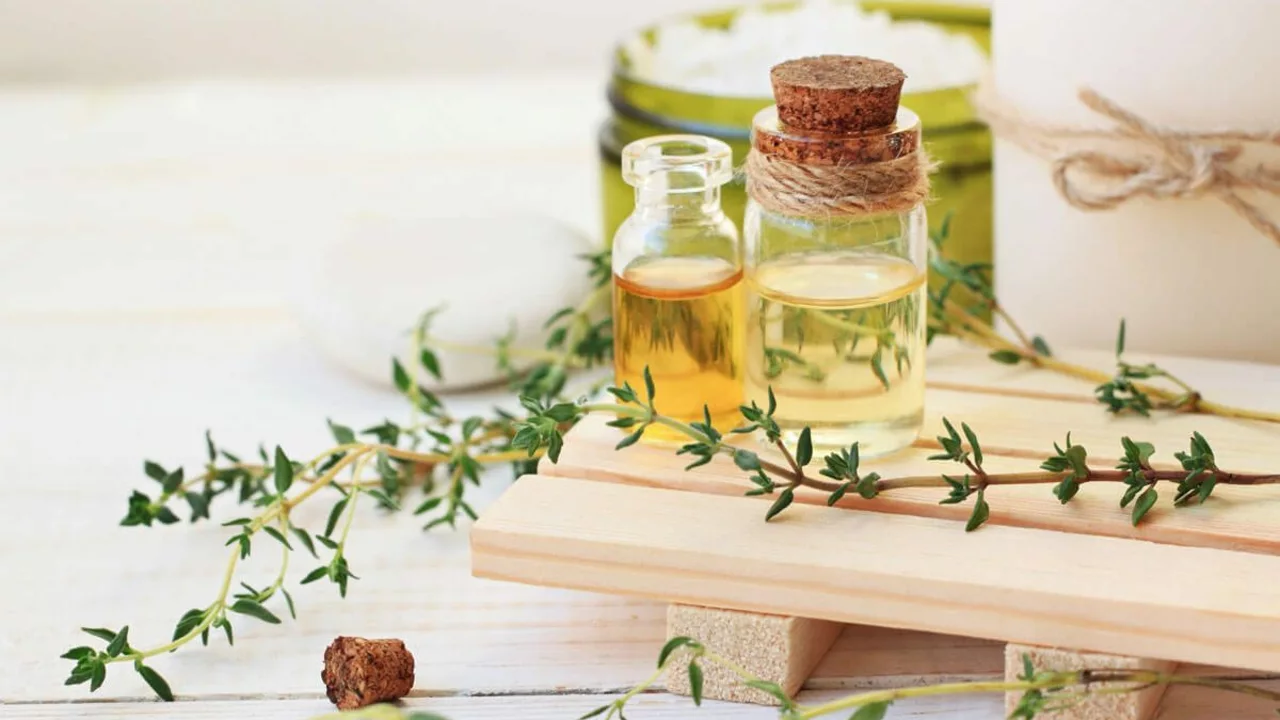Thymus extract comes from the thymus gland of animals (usually calves or pigs) and is sold as a glandular supplement that some people use to support immune function. You can find it as dried powder, capsules, tinctures, or tablets. People consider it when they want extra immune help—especially older adults or those who’ve had repeated respiratory infections—but it’s not a cure-all.
Thymus extract is thought to contain thymic proteins that influence T cells, the white blood cells important for fighting infections. Small clinical trials in older adults and in people with repeated respiratory infections reported modest improvements in certain T-cell markers and fewer symptom days. That said, the research is limited and results vary between studies. Think of thymus extract as a supplement that may support immune balance rather than a confident medical treatment.
If you’re dealing with serious immune problems, autoimmune disease, or you’re on immunosuppressant drugs, don’t self-treat. Talk with your doctor first. A clinician can help weigh lab data, medications, and whether glandular therapy makes sense for you.
Common doses in supplements range widely—some formulas use 100–500 mg of dried glandular material per day or label instructions for tinctures. Follow the product label and your clinician’s guidance. Watch for allergic reactions if you’re sensitive to beef, pork, or dairy.
Important safety points: avoid thymus extract if you have active autoimmune disease unless a specialist approves it. Also be cautious if you’re pregnant, breastfeeding, or on immune-modifying drugs. Because these products come from animal tissue, contamination risk exists. Pick brands that publish third-party testing, use GMP-certified facilities, and state the animal source and extraction method.
Look for: clear ingredient lists, batch testing for heavy metals and microbes, and transparent sourcing. If a product promises overnight cures or lists unrealistic claims, skip it.
How to use it sensibly: treat thymus extract as one tool among many. Prioritize sleep, protein-rich foods, vitamin D, and hand hygiene—those have proven immune benefits. Start low with any new supplement and track changes for a few weeks. If you notice worse symptoms or new autoimmune signs, stop and consult your clinician.
Want to compare products or read deeper reviews? Check reputable pharmacy guides and look for clinical summaries rather than marketing copy. If you need help interpreting studies or labels, bring the info to your pharmacist or doctor—they can help you make a safer choice.
Note: this page is for general information only and does not replace professional medical advice. If you’re thinking about trying thymus extract, a short conversation with your healthcare provider is a smart first step.
